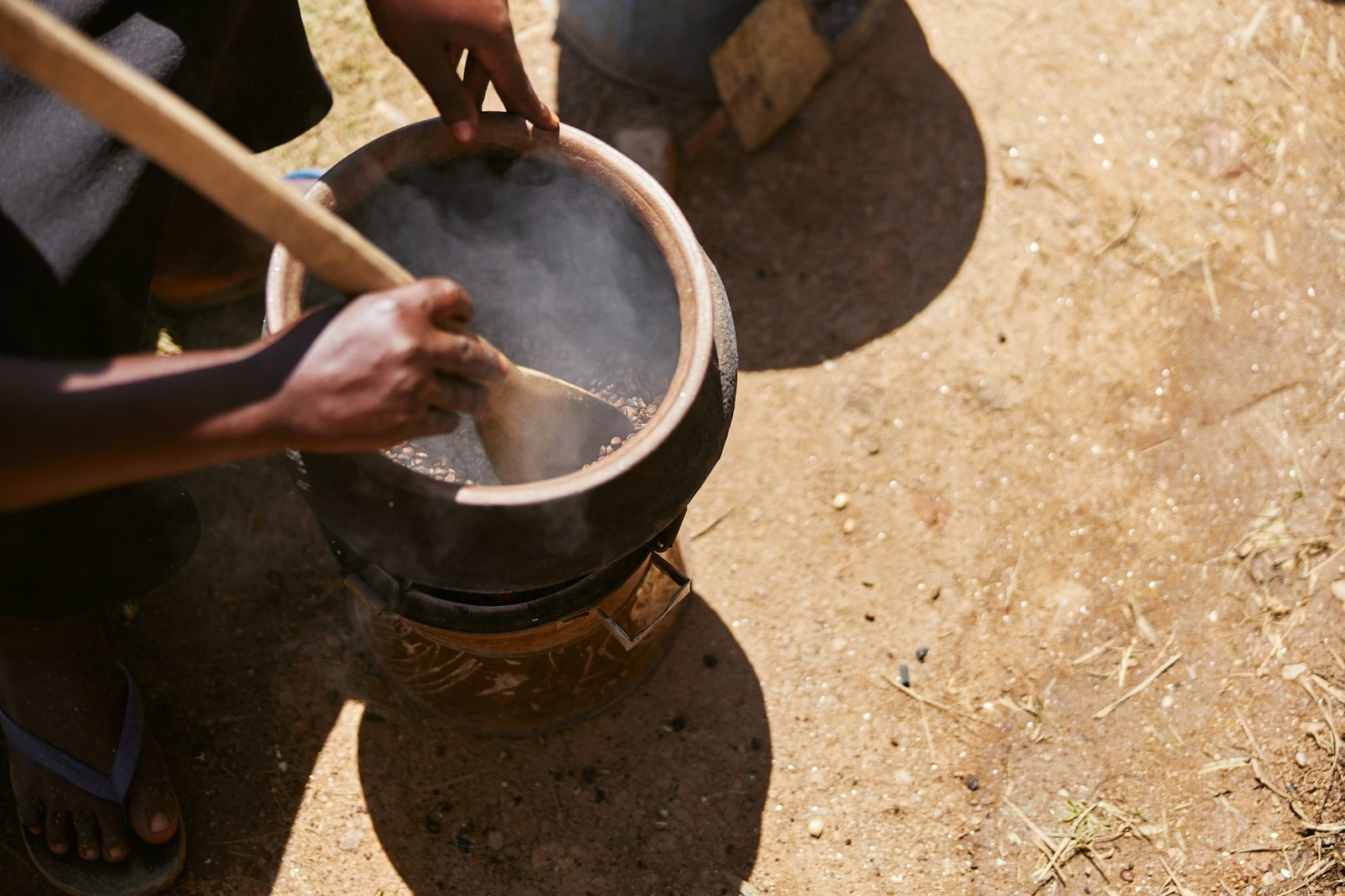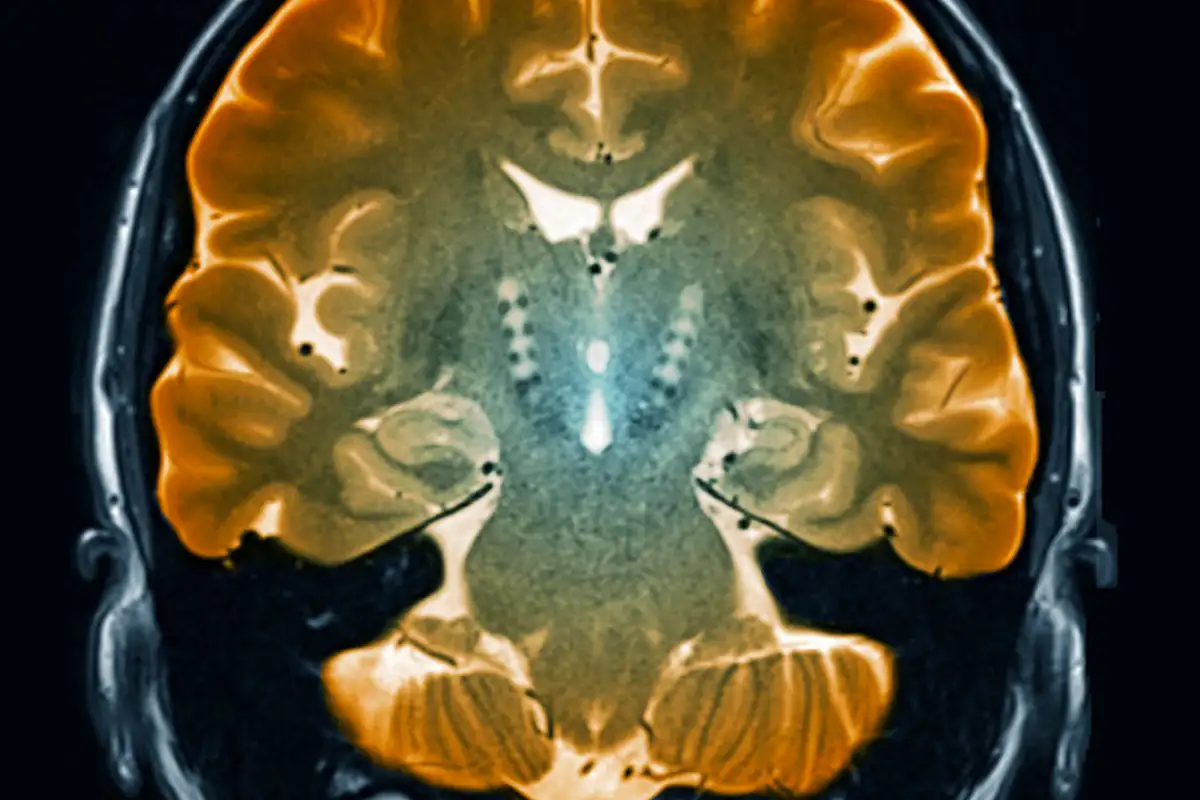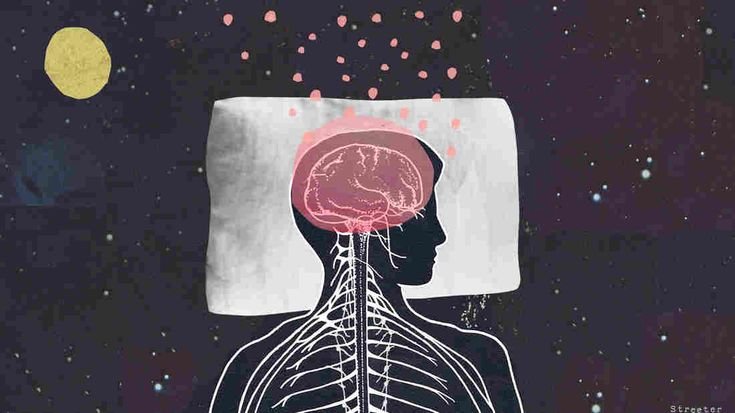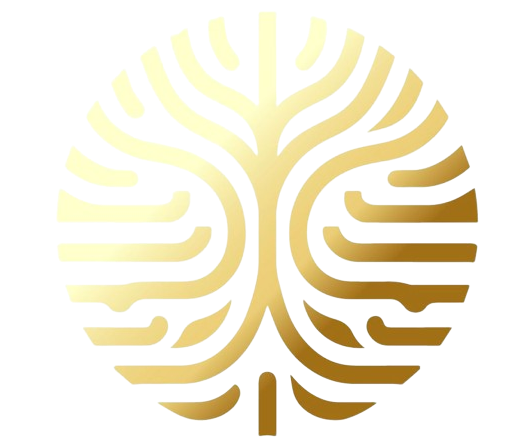Science
The Science of Iboga
Iboga is unparalleled in its complexity and brilliance, weaving a tapestry of scientific and spiritual depth unlike anything else on Earth. While many label it as a psychedelic or plant medicine, these descriptions barely scratch the surface of what Iboga truly offers—especially in its profound and intricate interaction with the human brain. It’s as though Iboga was specifically designed to connect with the human mind in ways no other substance on this planet can.
While its metaphysical allure initially draws most people, understanding the incredible science behind Iboga unlocks an even deeper appreciation of its power. When we clearly articulate how Iboga influences us on the neurobiological level, our guests often find themselves piecing together a transformative picture. This holistic understanding enriches the Iboga experience and empowers individuals to embrace its unparalleled potential for healing and growth.

1. The Alkaloids of Iboga: Full Spectrum Healing
The therapeutic power of Tabernanthe iboga lies in its diverse alkaloid profile, with each alkaloid contributing unique benefits to its profound effects on the mind and body. Alkaloids, naturally occurring nitrogen-containing compounds (like caffeine), work synergistically in Iboga to create a multidimensional therapeutic impact. While ibogaine and noribogaine are renowned for their anti-addictive properties, the combined effects of all alkaloids amplify Iboga’s ability to promote neuroplasticity, regulate mood, and enhance introspection, making it a genuinely unparalleled tool for transformation and healing.
Ibogaine:
The most studied and known alkaloid of the iboga plant is renowned for its psychoactive and anti-addictive properties. It is metabolized into noribogaine, similar to how psilocybin is converted to psilocin. This occurs in the liver and is facilitated by the cytochrome P450 (CYP450) enzyme system, particularly the CYP2D6 isoenzyme.
Noribogaine:
The primary metabolite responsible for Ibogas effects interacts with serotonin, dopamine, and many other receptors. Research shows that it reduces withdrawal symptoms and cravings in substance use disorders (SUDs). It modulates serotonin and dopamine pathways to reset the brain’s reward system while supporting mood and overall brain function and optimization. Careful administration is essential due to its potential to cause heart arrhythmias.
Some of the Other Alkaloids
Tabernanthine: Modulates dopamine activity; early research indicates promise for addiction.
Ibogamine: Offers neuroprotective benefits and supports emotional introspection.
Ibogaline: This is under current research for its role in iboga’s overall effects.
Coronaridine: Known for anti-craving properties and potential applications in neuroprotection.
Voacangine: A precursor to ibogaine with therapeutic similarities, including potential in treating a parasitic disease caused by an infection with Leishmania parasites, which are spread by the bite of infected sand flies. Voacanga africana is a small tree native to tropical Africa belonging to the family Apocynaceae. It is one of the most ethical ways to source Ibogaine as it grows more abundantly than the tabernanthe Iboga tree and creates less pressure on over-harvesting.
Isovoacangine: Oxidized form of voacangine; the pharmacological significance is currently under study.
Conopharyngine: A structurally unique alkaloid with biological activity yet to be fully explored.
18-Methoxycoronaridine (18-MC): A synthetic analog of coronaridine designed to mimic ibogaine’s benefits without cardiotoxicity; under evaluation for SUD treatment.
2. Iboga and GDNF: Unlocking the Brain's Regenerative Potential
We are deeply inspired by Iboga’s unique ability to stimulate the production of Glial Cell Line-Derived Neurotrophic Factor (GDNF), a critical component for repairing and restoring the brain and nervous system. This remarkable property makes Iboga one of the most effective natural treatments for enhancing brain health and, in turn, supporting the human mind.
GDNF’s Role in Building the Brain
GDNF proteins are the foundational components needed to develop the brain’s neural network, especially in the first three years of life when the GDNF count is the highest. These proteins are responsible for how you learned to walk, talk, and perform all the basic functions you take for granted today. However, after the age of 3, the GDNF count drops off and continues to do so for the rest of your life, reducing the brain’s ability to repair and adapt.
After just one session with Iboga, these GDNF proteins are mass-produced in your brain, enhancing neuroplasticity, repairing old neural pathways, and creating a new, more efficient brain and mind.
How this affects your brain:
When GDNF Levels Drop:
- Cognitive decline and impaired motor function.
- Increased vulnerability to toxins and oxidative stress.
- Loss of motivation and emotional instability.
When GDNF Levels Are Restored:
- Improved motor skills and cognitive abilities.
- Neuroprotection against degenerative diseases.
- Restored emotional balance and dopamine regulation.
3. Reversing Brain Aging
A groundbreaking Stanford Medicine study has revealed Iboga’s remarkable potential to reverse brain aging and enhance cognitive function. In this 30-person study, a single ibogaine treatment reduced participants’ predicted brain age by an average of 1.37 years, showcasing its extraordinary impact on brain health and rejuvenation. Additionally, the study demonstrated a significant increase in blood flow to previously dormant areas of the brain, effectively reactivating these unused regions and bringing them “back online.”
Neurobiological Benefits
- Decreased Predicted Brain Age:
Increased cortical thickness, signifying improved neural integrity and cognitive resilience.
- Improved Blood Flow:
Iboga increases blood flow to critical brain regions, enhancing functionality across emotional, cognitive, and physical domains. Here are the regions impacted:
- Anterior Cingulate Gyrus: Supports emotional regulation, decision-making, and impulse control.
- Middle Cingulate Gyrus: Plays a role in attention and pain perception.
- Left Insula: Enhances interoception, emotional empathy, and decision-making.
- Left Amygdala: Facilitates trauma processing and reduces anxiety.
- Left Planum Polare: Improves auditory processing and emotional understanding.
- Left Frontal Orbital Gyrus: Aids in emotional regulation and value-based decision-making.
- Left Putamen: Boosts motor skills and recalibrates reward systems.
- Left Hippocampus: Strengthens memory and helps process trauma.
- Left White Matter Region: Enhances brain connectivity, speeding up thought processes.
4. Reduce Anxiety: A Holistic Solution
We understand the challenges of living with anxiety, whether it’s Generalized Anxiety Disorder (GAD), Social Anxiety Disorder (SAD), or other forms. While traditional treatments like SSRIs and therapy provide relief for some, they often fall short or come with frustrating side effects.
How Iboga Heals Anxiety
- Serotonin Modulation: Ibogaine interacts with the serotonin transporter (SERT), prolonging serotonin’s action in synapses, akin to SSRIs, but with a more comprehensive and faster effect (Coleman et al., 2019).
- Boosting Brain Resilience: By increasing neurotrophic factors like GDNF and Brain-Derived Neurotrophic Factor (BDNF), Iboga promotes neuroplasticity, helping the brain rewire and build resilience to stress (Marton et al., 2019; Gosmann et al., 2021).
Evidence for Transformation
- Generalized Anxiety Disorder (GAD): Ibogaine significantly reduces symptoms and improves quality of life (Cherian et al., 2024).
- Social Anxiety Disorder (SAD): Eases self-consciousness and overthinking.
- Comorbid Conditions: Offers relief from depression and PTSD, showcasing versatility.
5. Iboga and Parkinson's Disease
Parkinson’s disease (PD), characterized by motor dysfunction, emotional challenges, and neurodegeneration, demands a holistic approach. Studying the neuroscience of PD as well as that of Iboga, we find a direct therapeutic potential that we are currently designing a study around.
Biochemical Healing with Iboga
- Dopaminergic Support: Ibogaine enhances dopamine transporter activity, rebalancing dopamine levels crucial for motor and emotional health (Beerepoot et al., 2016).
- Neurotrophic Factors: Promotes repair and plasticity through GDNF and BDNF, countering degeneration in the substantia nigra (Marton et al., 2019).
- Protein Folding Correction: This treatment addresses misfolded α-synuclein proteins, reducing cellular stress associated with PD progression. Ibogaine acts as a chaperone, helping the protein fold correctly.
Learn more about Iboga’s potential to heal PD here.

6. Resetting Sleep Cycles
Iboga helps restore deep, restorative sleep by recalibrating circadian rhythms and balancing key neurotransmitters such as serotonin, dopamine, and GABA, which regulate relaxation, emotional calm, and the sleep-wake cycle. Its ability to enhance neuroplasticity and support nervous system repair through increased production of BDNF and GDNF further aids in resetting disrupted sleep patterns caused by stress, trauma, or environmental influence. By calming the mind and harmonizing the body’s natural rhythms, Iboga creates an optimal state for rejuvenating and restful sleep.

7. Iboga and its potential cancer treatment
Potential of Iboga
Ibogaine targets sigma-2 receptors to disrupt the stress management system that cancer cells depend on for survival. This weakens tumors, making it harder for them to grow and spread. Ongoing research aims to improve ibogaine’s safety and effectiveness, offering new hope for innovative cancer treatments.
What are Sigma Receptors?
Sigma receptors are like tiny “control hubs” within cells, especially in cancer cells. By managing stress and repairing damage, these hubs help tumors survive tough conditions such as low oxygen and nutrient shortages. They are often found in large numbers in cancer cells, making them crucial for a tumor’s survival and growth.
Why Are Sigma Receptors Important in Cancer?
Cancer cells operate like overworked factories, creating intense internal stress, particularly in the endoplasmic reticulum (ER)—the cell’s “quality control center” for managing protein folding and other essential tasks. Sigma-2 receptors act as “stress managers,” enabling cancer cells to cope with this chaos and continue growing.
How Does Iboga Work?
Iboga, through its active compound ibogaine, targets sigma-2 receptors to disrupt cancer cells’ stress management systems. Here’s what happens:
- Ibogaine binds to sigma-2 receptors, breaking down the tumor’s stress response system.
- The cancer cell becomes overwhelmed by internal chaos and undergoes programmed cell death (apoptosis).
By specifically targeting these receptors, ibogaine makes it harder for cancer cells to survive while leaving healthy cells less affected.
Why Is Iboga Special?
Ibogaine’s selective action on sigma-2 receptors focuses its effects on cancer cells, sparing healthy cells and minimizing potential side effects. This precision makes it a promising tool for cancer treatment.
What Types of Cancer Could Ibogaine Help?
Ibogaine’s effects are especially promising for:
- Breast Cancer: Including triple-negative breast cancer, an aggressive type with limited treatment options.
- Lung Cancer: Where sigma receptors can enhance targeted drug delivery and effectiveness.
- Ovarian Cancer: By using sigma receptors to deliver potent, cancer-fighting therapies.
At Root and Wisdom, we are one of the few Iboga retreats led by facilitators who combine advanced Western education, Indigenous genetic heritage, and direct training with the Bwiti people. This unique blend enables us to articulate the science of Iboga from multiple perspectives, offering a truly holistic and authentic approach.
